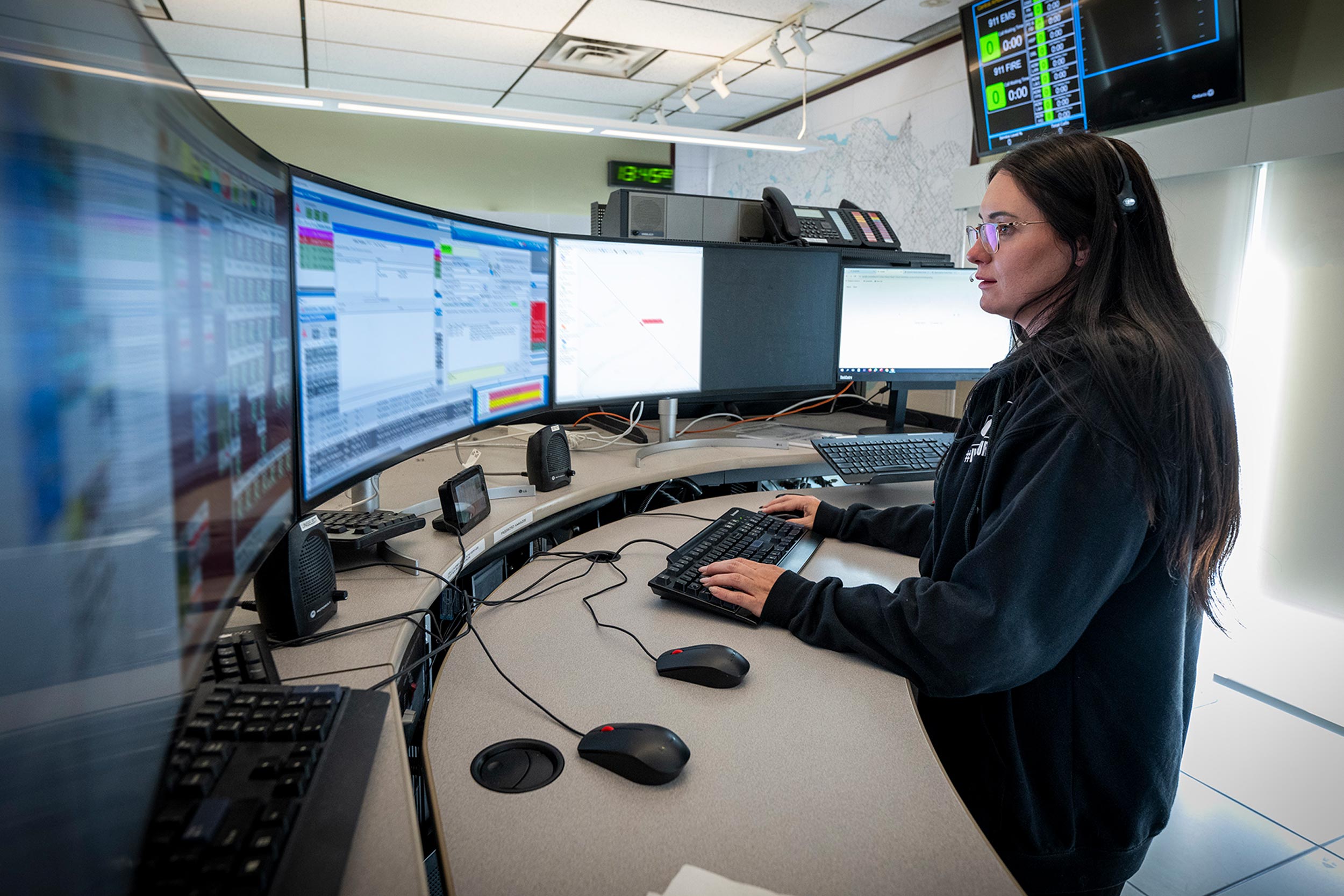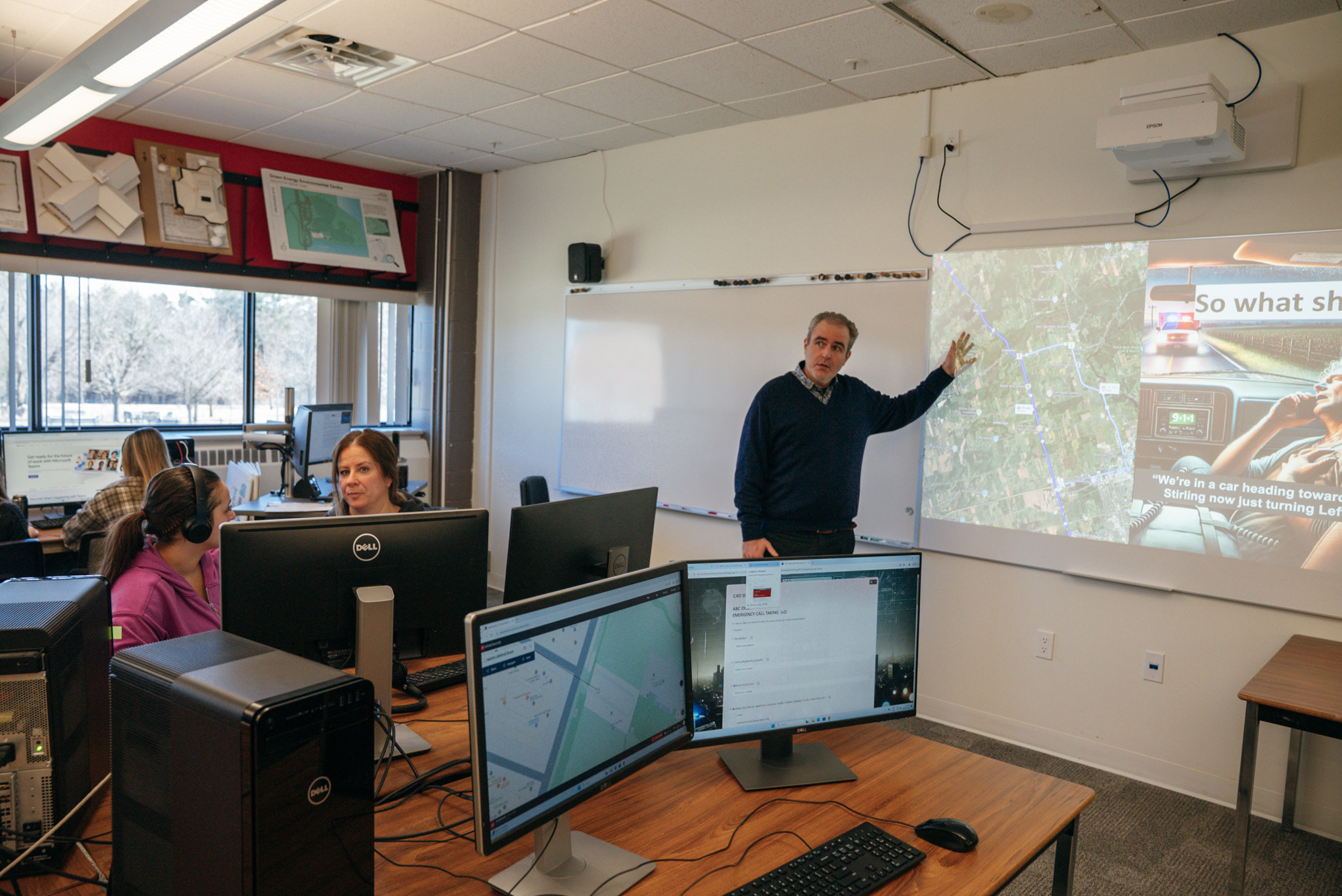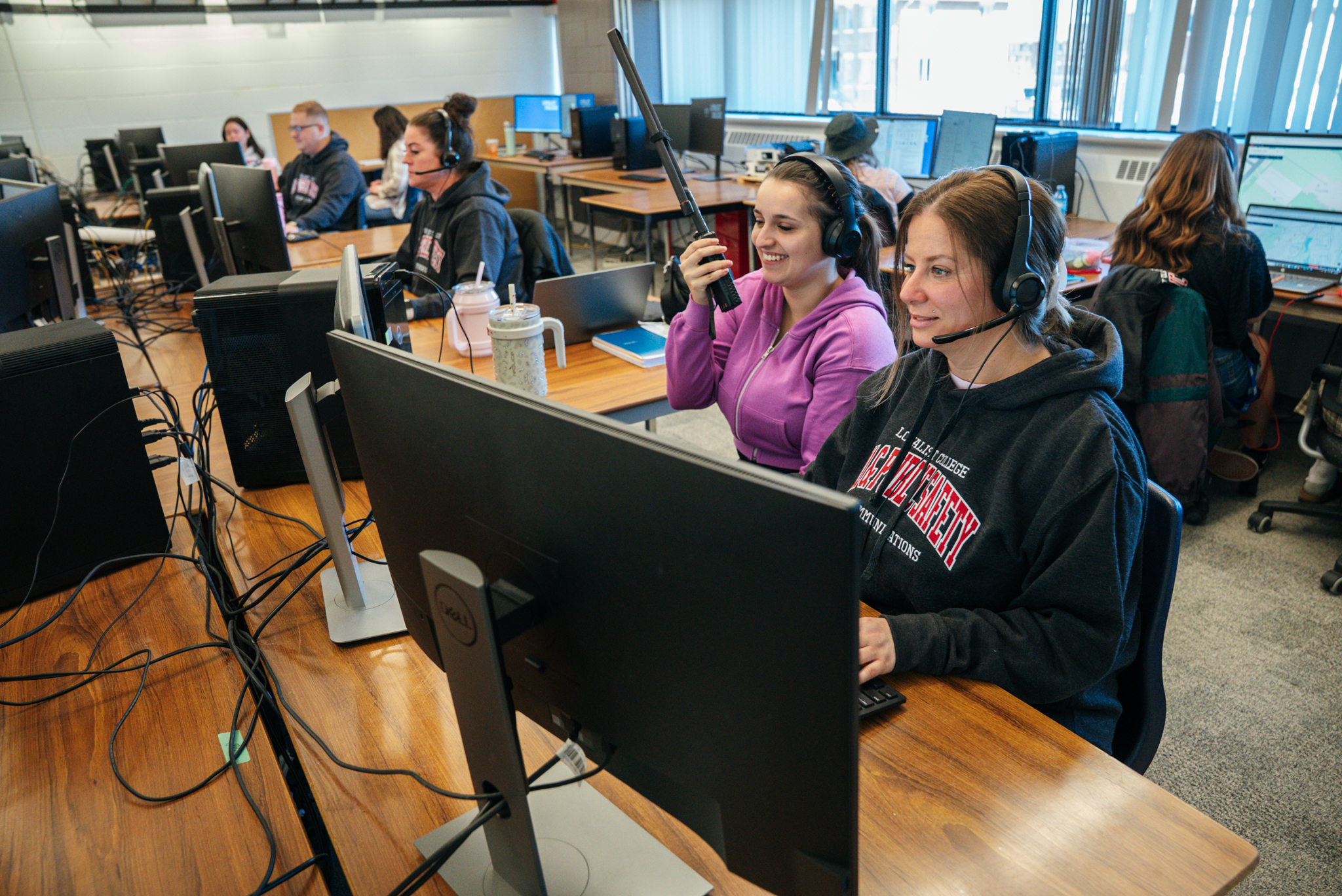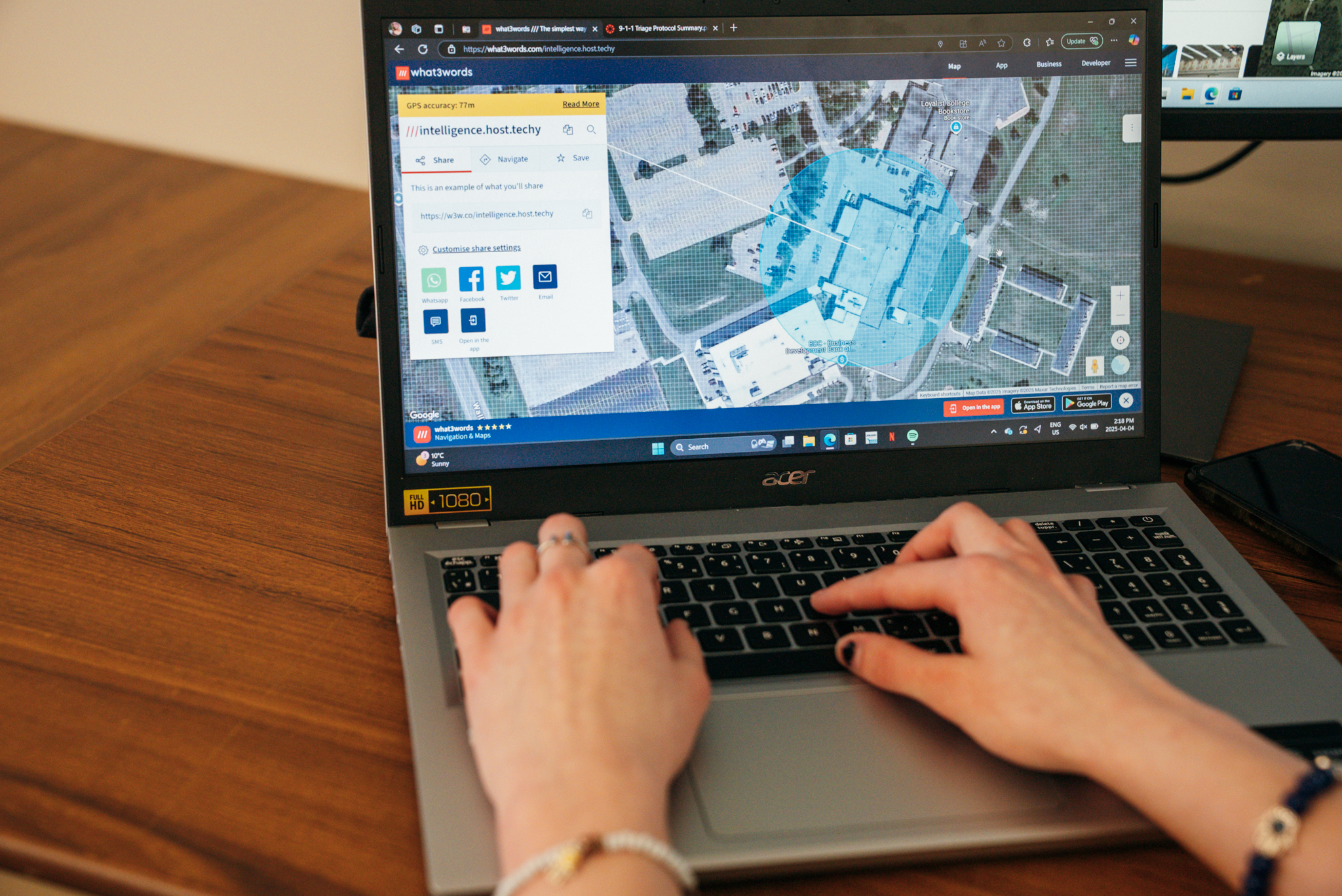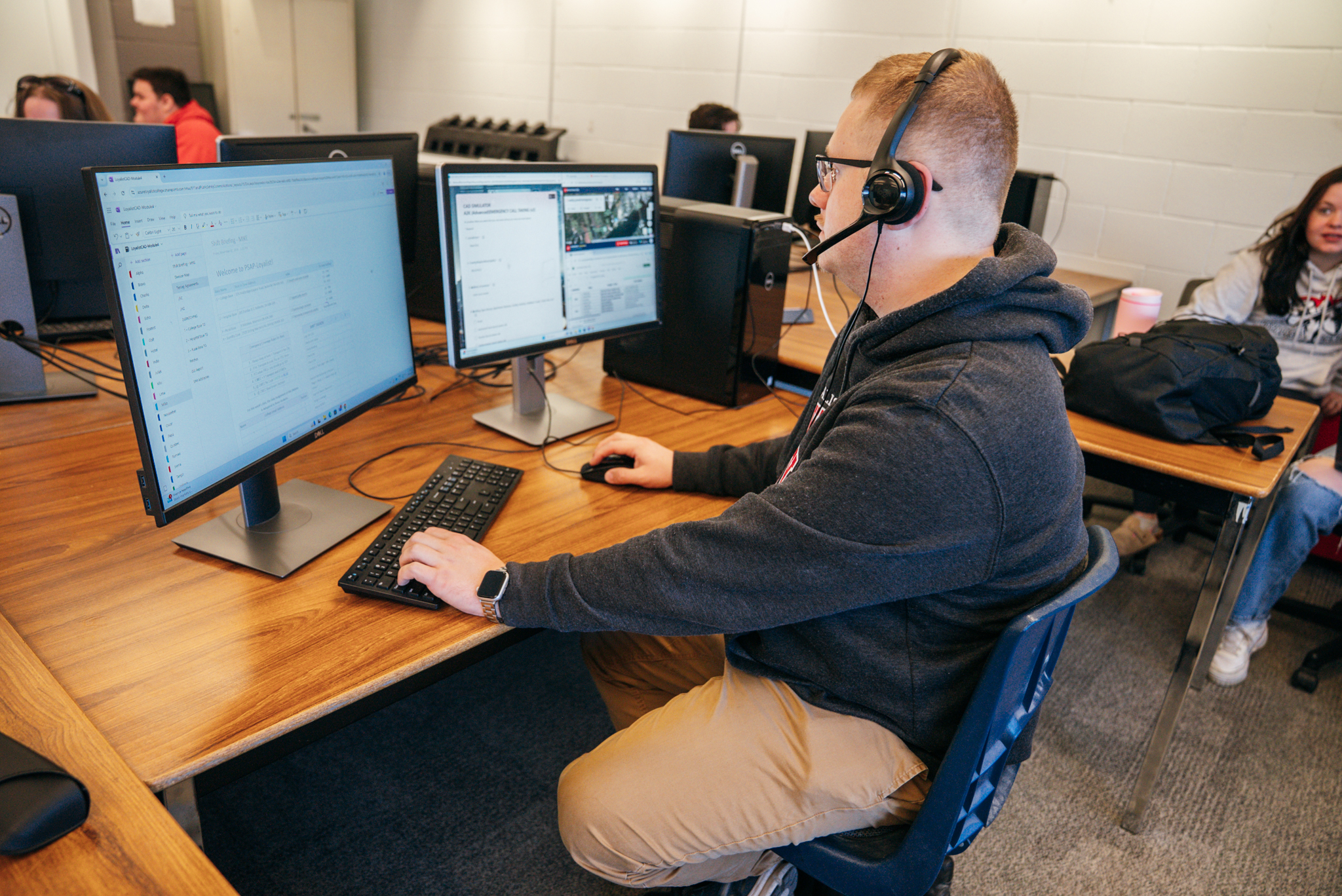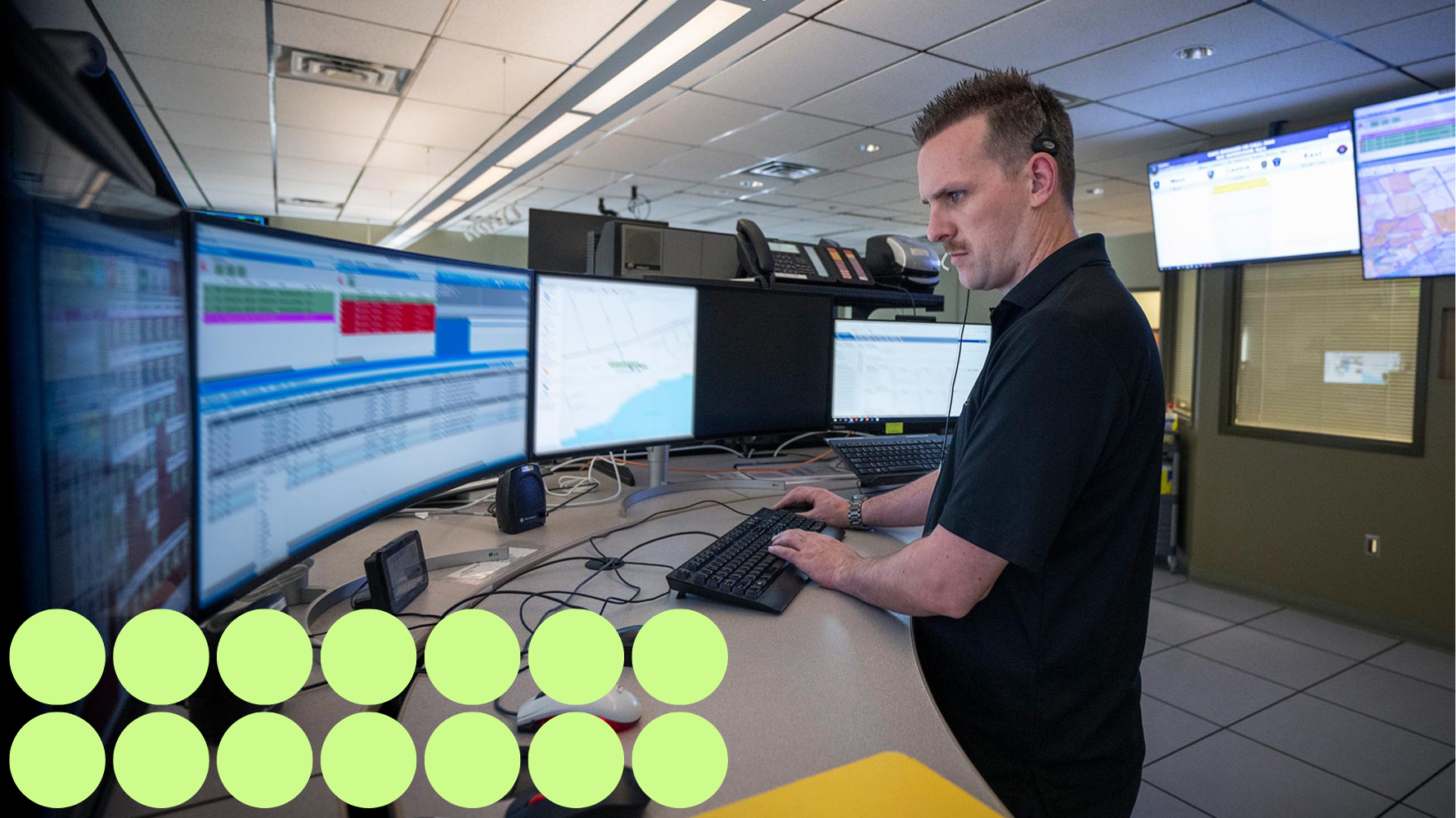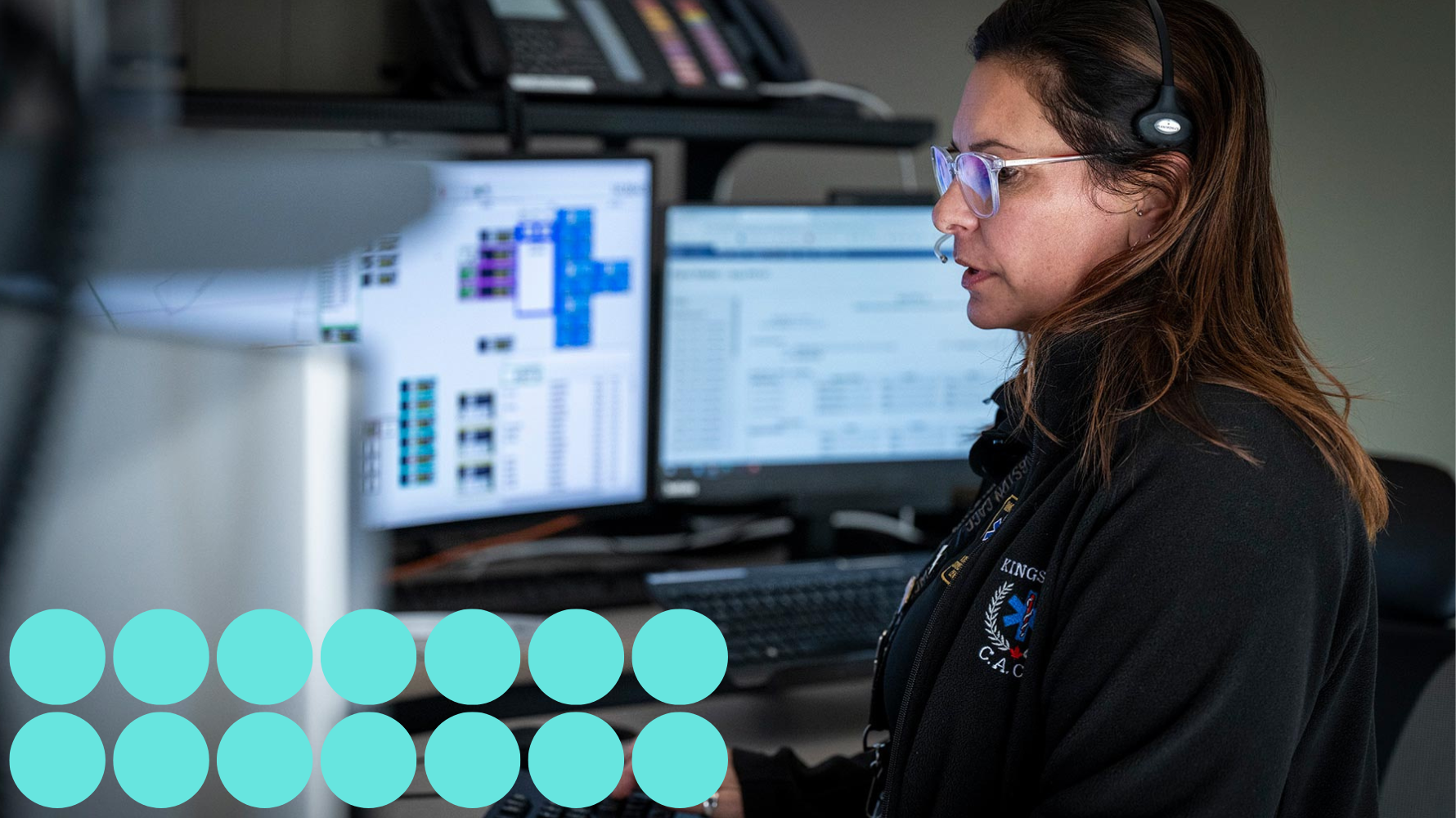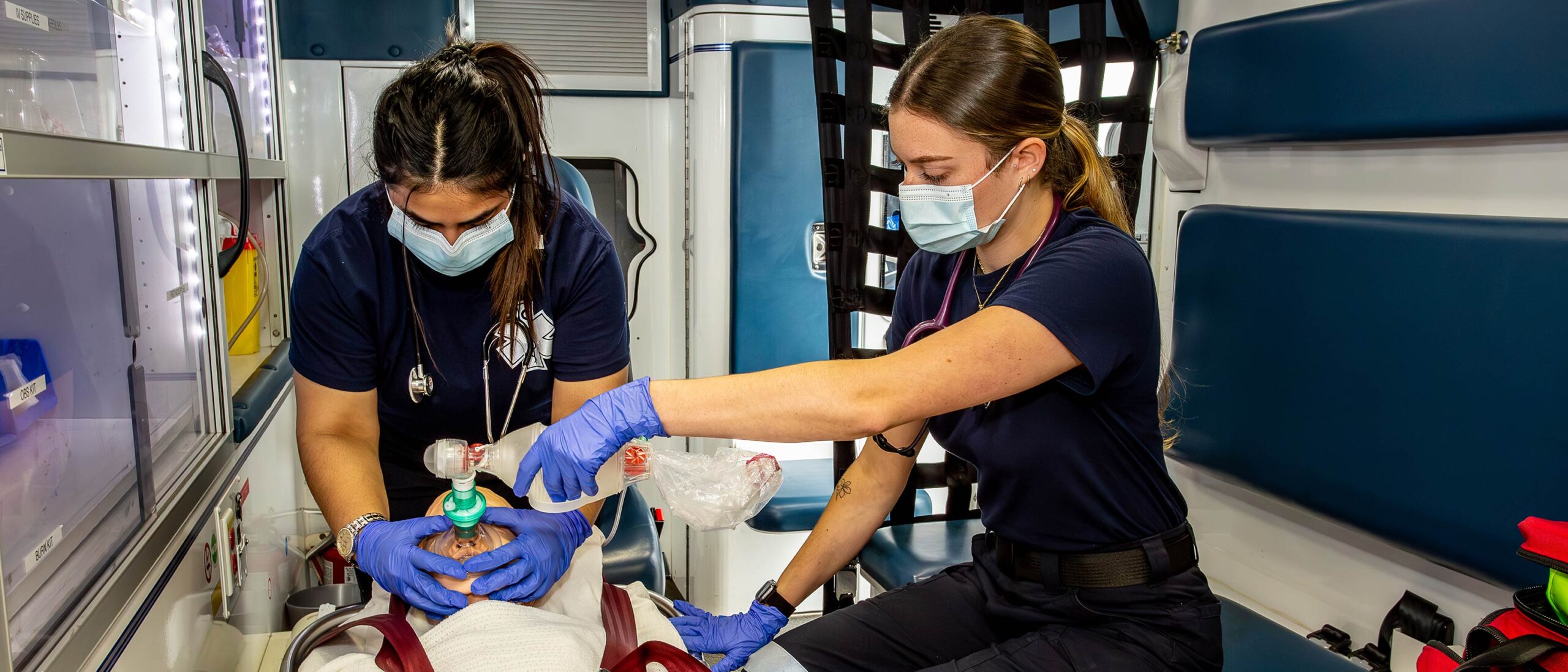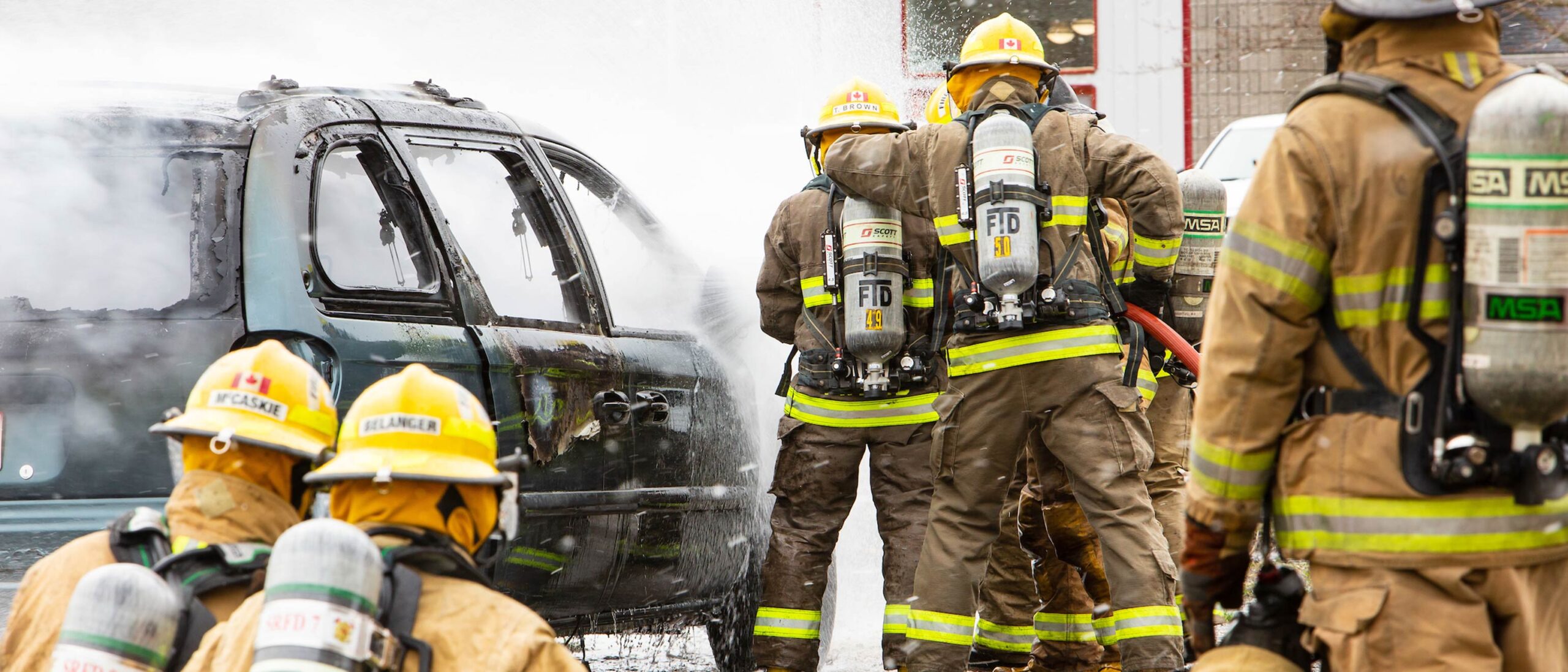Find your career
Graduates will find opportunities working in a range of public safety professions, including:
- Police, fire and EMS telecommunications
- OnStar, crisis centre, security, hospital, CAA and taxi dispatch
- Crisis centre telecommunications
- Alarm monitoring stations
- Transit fleet, transport company and lifeline medical dispatch
Is it for you?
Have you got what it takes? You may be well suited to a career in public safety communications if you:
- Have excellent communication skills
- Are empathetic and compassionate
- Remain calm under pressure
- Are good at multitasking
- Want a career where you can make a difference
Having the opportunity to experience a real-world public safety communications environment was beneficial, informative, and interesting. I think it’s vital that students have the chance to go into a local communications centre and discover how their community responds to calls-to-service. It allows them to think critically and affirm their career ambitions.
Jonathan, 911 and Public Safety Communications, 2024

